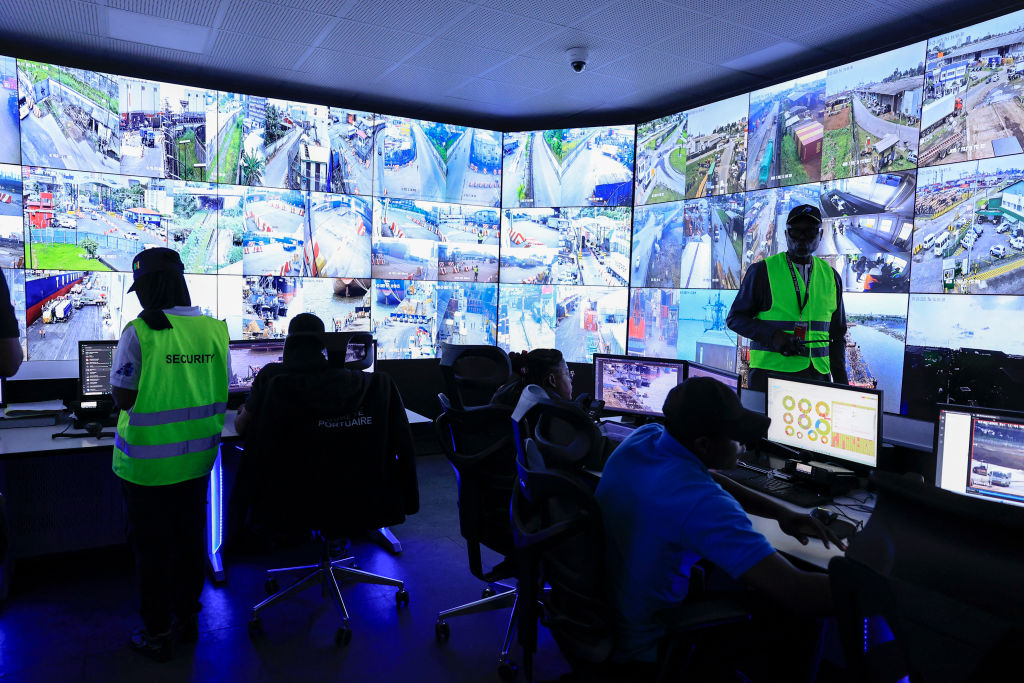The continent loses up to $50 billion annually to illicit financial flows, according to the United Nations Economic Commission for Africa. Crimes such as trafficking of humans, weapons and drugs; illegal fishing; oil theft; and other sea crimes are linked to porous ports and under-resourced customs systems.
Maritime security analysts now say securing ports and other maritime gateways is as critical as building roads or negotiating trade agreements.
As noted by the African Press Agency (APANews), port investments often focus first on terminal expansion and optimizing logistics, with security a secondary priority. This approach also affects landlocked African nations, as illicit drugs and weapons increasingly flow into the region from coastal countries, resulting in heightened insecurity and socioeconomic challenges related to addiction.
Speakers at the three-day MartimeAfrica conference held in mid-September in Lomé, Togo, emphasized the link between port safety, state sovereignty and other issues. With its deep-water port, Lomé aims to position itself as a logistics and financial hub, but analysts say improved security will be key to its growth.
“A port exposed to trafficking loses attractiveness and weakens national sovereignty,” APANews analysts wrote.
The challenges are amplified by limited funding and limited regional cooperation, experts said at the conference. However, a couple of nations were singled out for improved port security measures. Morocco, for example, has significantly modernized its Coast Guard and increased maritime security operations with help from the European Union and the United States.
“This strategy demonstrates that investing in security is not a cost but a lever for attractiveness,” APANews analysts wrote. “For many experts, port security remains ‘the forgotten imperative of attractiveness.’”
A project at Port Autonome in Douala, Cameroon, also was cited as a success. Since 2019, PortSec SA, a regional company that specializes in protecting infrastructure, has integrated biometric access controls, advanced video surveillance, radar systems and aerial drones to deter sea crimes. A naval simulator also was introduced to train rapid-response teams, and more than 200 new security agents were deployed across the port, according to an InfoWire report.
These measures produced tangible results as cargo theft dropped by 35% between 2019 and 2023, operational fluidity improved, and customs revenues rose.
“The challenge is no longer so much the model’s relevance as the conditions for its adaptation across the continent, with the aim of having a secure maritime space that can fully realize its potential for the continent’s development,” APANews analysts wrote.
Similar upgrades have begun at ports in Kribi, Cameroon; Tema, Ghana; and Mombasa, Kenya; where a four-day training of port personnel and one-day security awareness training for general port personnel was held in June. Participants included members of Kenya Maritime Authority, Kenya Navy, Kenya Ports Authority, National Intelligence Service, State Department for Shipping and Maritime Affairs, and the Southern Engineering Co. Ltd, which is headquartered in Mombasa.
Organized by the International Maritime Organization (IMO) and Kenya’s government, the workshop was part of a project coordinated in cooperation with the Indian Ocean Commission, Interpol and the United Nations Office on Drugs and Crime.
The project aims to help Angola, Comoros, Kenya, Madagascar, Mauritius, Mozambique, Namibia, Seychelles and Tanzania enhance maritime security and safety as guided by the 2050 Africa’s Integrated Maritime Strategy. The strategy promotes thriving blue economies through improved maritime security, enhanced governance and other measures.
“By ensuring that port personnel are well-trained and fully aware of their responsibilities, we are collectively reinforcing the first line of defense against maritime threats,” Kiruja Micheni, the IMO’s project manager, said on the organization’s website.

